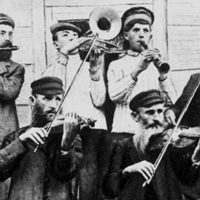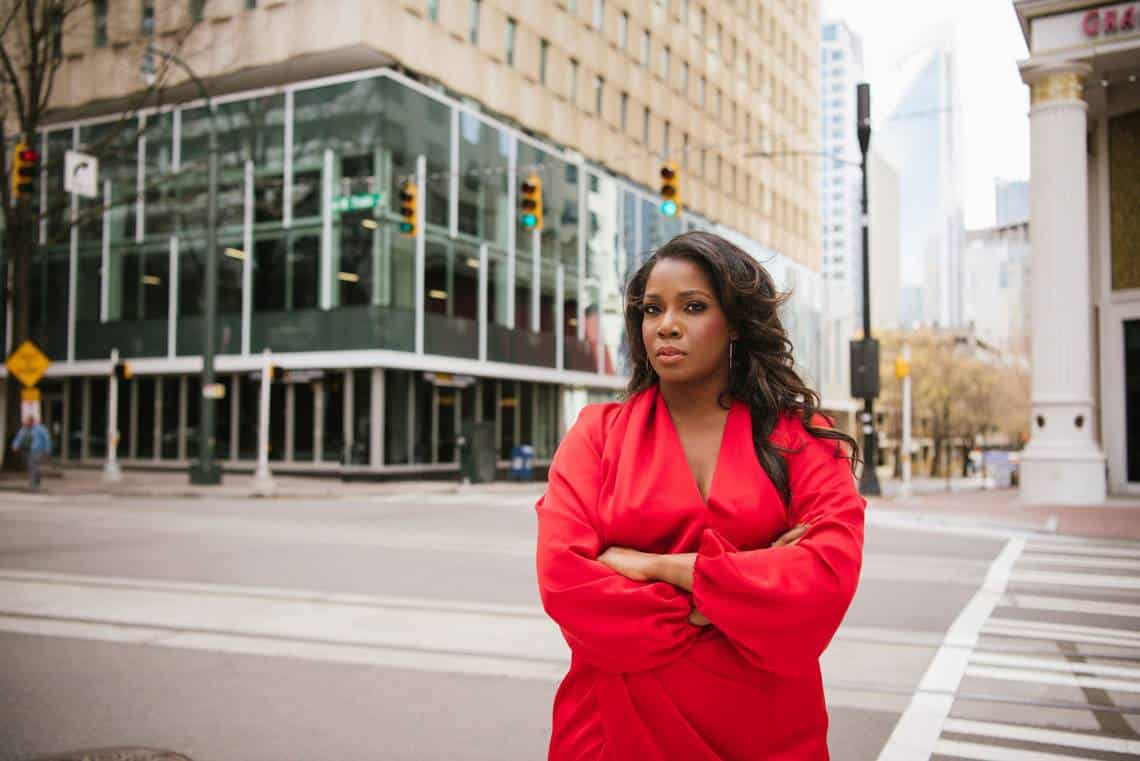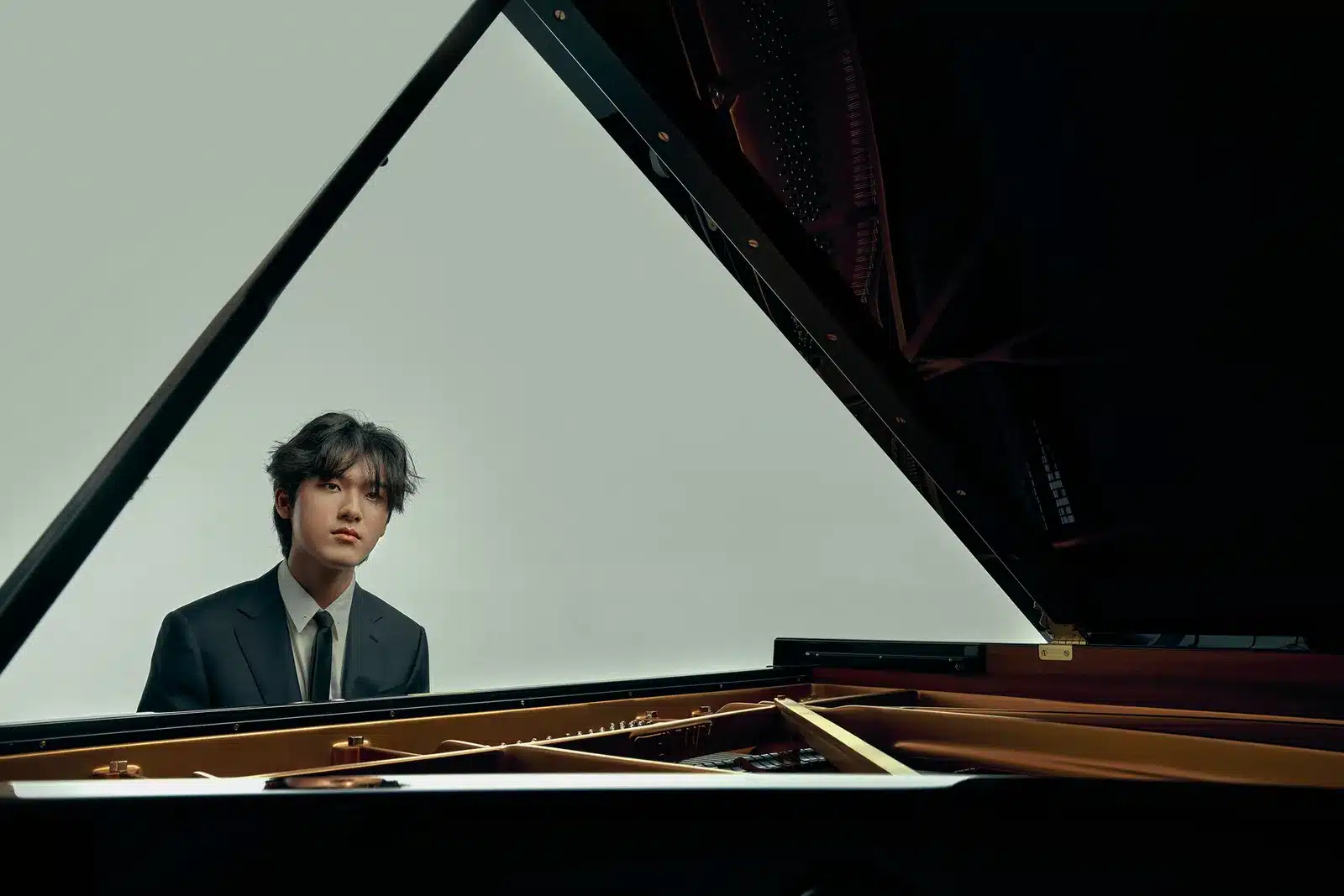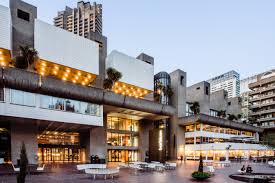Did Bartók do klezmer?
Album Of The WeekFrom the Lebrecht Album of the Week:
Did Bartók play klezmer? The Hungarian composer enthused over many authentic forms of folk music and spent his summers tracking them down across the Balkans, the Iberian peninsula and north Africa. Later, exiled in America in 1938, Bartók composed Contrasts for the Jewish jazz clarinettist Benny Goodman, who played it without inflection or schmalz as if he were a country vicar somewhere in Virginia.
This interpretation changes everything…
En francais ici.






Comments